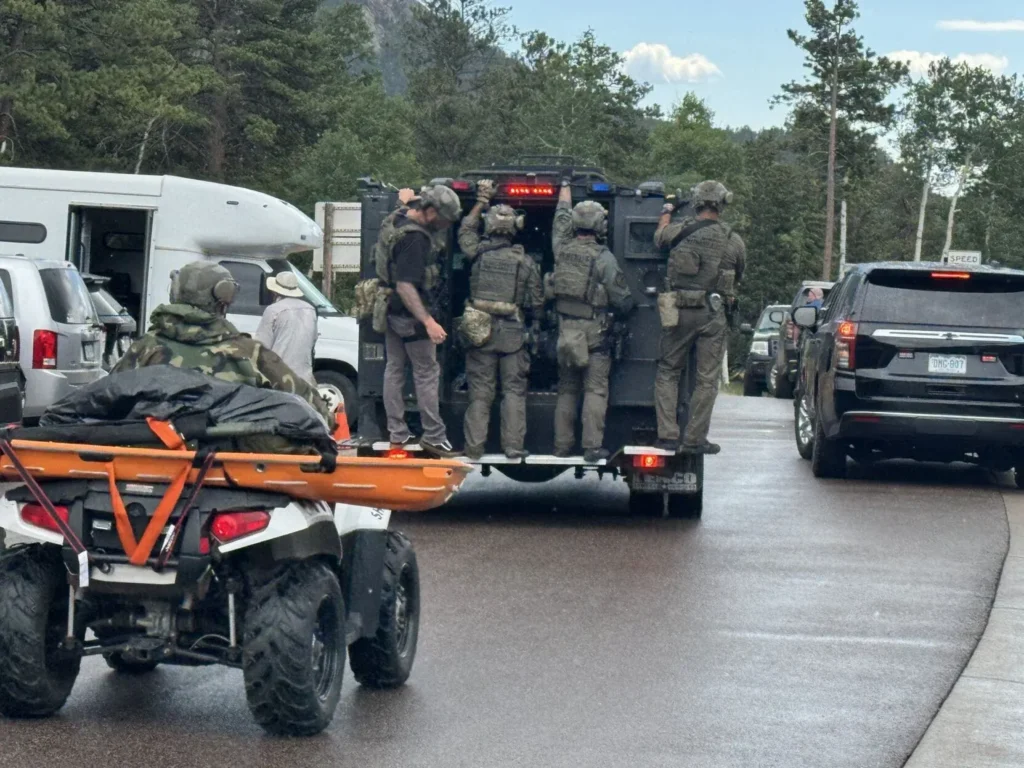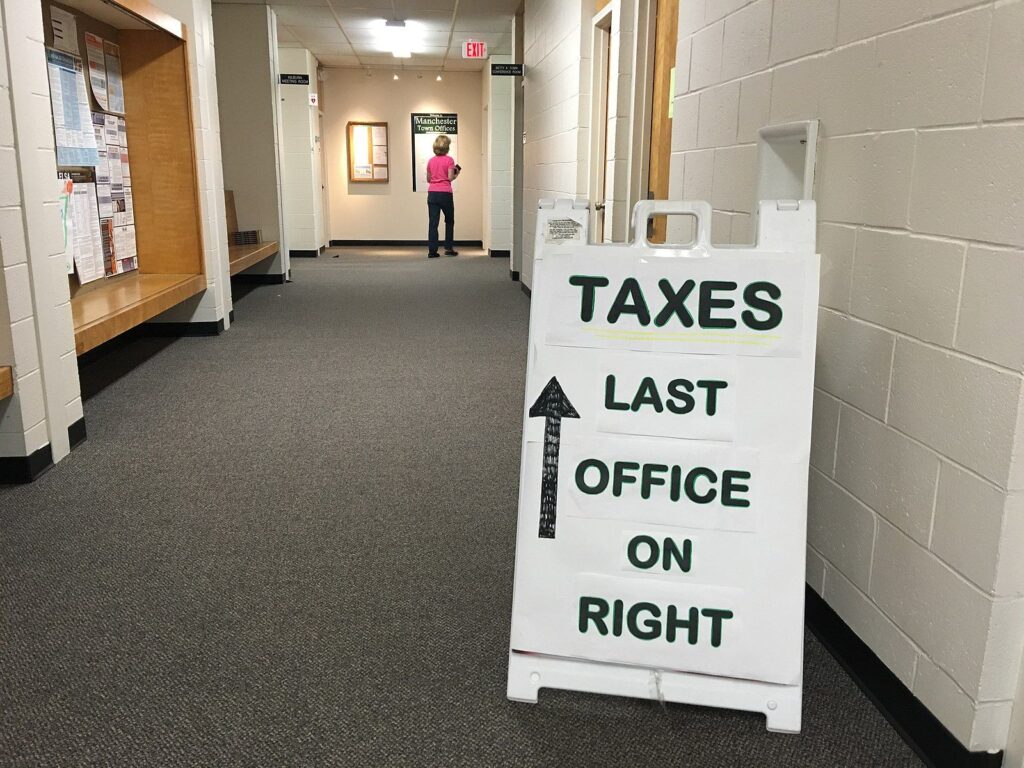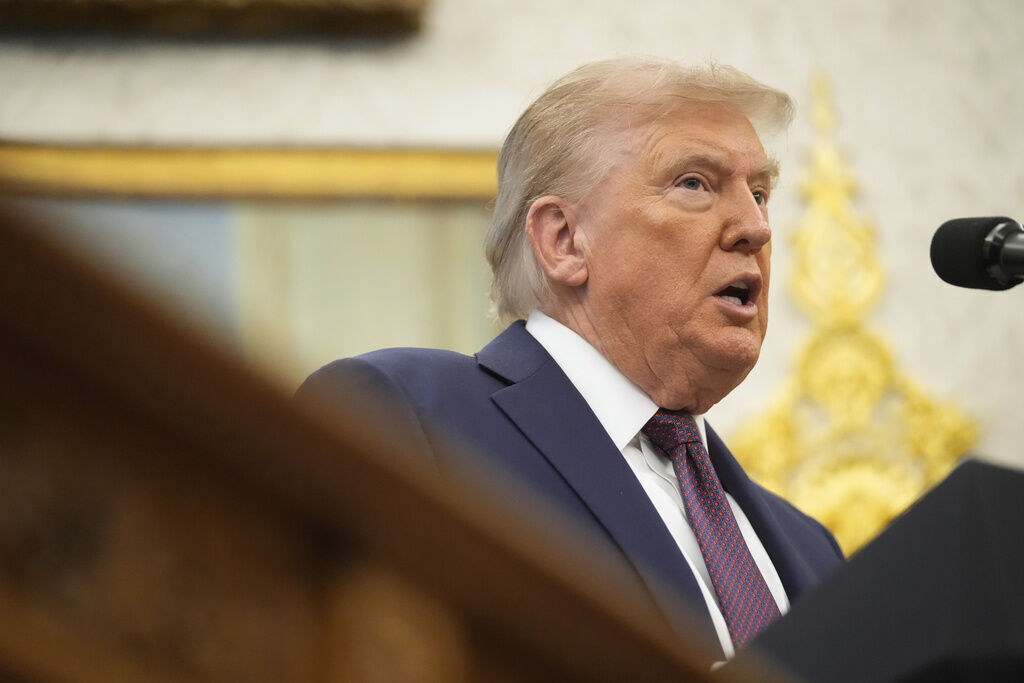Colorado Medical Board moves toward ‘abortion reversal’ ban, Catholics sue Polis on preschool | WHAT YOU NEED TO KNOW

Today is Aug. 18, 2023, and here’s what you need to know:
An effort to make Colorado the first state in the nation to prohibit so-called “abortion reversal” treatment secured a major victory on Thursday.
The Colorado Medical Board unanimously passed a rule declaring abortion reversal treatment using certain medications outside of the “generally accepted standards of medical practice.”
This comes after a draft rule released in July proposed the board should review individual complaints of abortion reversal treatment on a case-by-case basis. The new rule clarifies a specific method of abortion reversal as unprofessional conduct: when a medical provider uses the hormone progesterone to try to stop a medication-based abortion after a patient has completed the first part of the two-step process.
“Although the board will not treat medication abortion reversal as a per se act of unprofessional conduct, the board does not consider administering, dispensing, distributing, or delivering progesterone with the intent to interfere with, reverse, or halt a medication abortion undertaken through the use of mifepristone and/or misoprostol to meet generally accepted standards of medical practice,” the rule’s new language states.
Two Catholic parishes and the Archdiocese of Denver sued the Polis administration over its rollout of a “universal” program aimed at saving Colorado families thousands of dollars in preschool costs, arguing that the conditions set forth by the state “effectively penalizes the free exercise of religion.”
The two parishes operate their own preschool programs.
The governor’s office said it would vigorously defend the universal program.
The lawsuit, which the parishes and the archdiocese filed in federal court, said state rules to require preschool providers to accept any applicant – without considering a student or family’s religion, sexual orientation, or gender identity – “directly conflict” with the parishes’ religious beliefs and their obligations as “entities that carry out the Catholic Church’s mission of Catholic education” in Colorado.
The head of Colorado’s Republican Party did something earlier this month that political bosses rarely do when he publicly unveiled the state party’s strategy for the 2024 election more than a year before voters will begin casting ballots.
It’s not like state GOP Chairman Dave Williams revealed any deep, dark secrets when he announced which Democrats the Republicans intend to target next year – anyone could have compiled a similar list by reviewing the results of the last election – though it’s unusual to outline a detailed strategy while the opposition is watching.
But that’s what Williams did on Aug. 5 at a special meeting of the state Republicans’ central committee.
The nearly eight-hour meeting, held at a church in Castle Rock, mostly generated news in its final minutes, when the central committee voted down a measure that would have paved the way to exclude unaffiliated voters from next year’s GOP primary. The defeat of the controversial proposal – which would have changed party rules to count no-shows as votes in favor of canceling next June’s primary – likely dashes Williams’ and other party leaders’ plans to consider the question at another meeting in late September.
New student assessment data paints a mixed picture of Colorado’s schools, showing incremental and inconsistent academic improvement across the state, including the Denver metro area, and demonstrating the haunting reverberations of learning loss as schools struggle to escape the clutches of the pandemic.
Educators say the “stair step” improvement means pre-pandemic levels are within reach, while advocates fear what’s missing is the acknowledgement that the latest test scores still mean a lot of students have been left behind.
“We experienced a lot of the same issues, but it’s scale,” said Anthony Smith, chief of Equity and Engagement for Denver Public Schools. “We have a larger number of students with the largest school district in the state.”
Smith added, “I would love to say, ‘We’re back,’ but we have a lot of work to do.”
It’s a sentiment echoed by educators across the Denver metro area, even among those districts that showed a strong performance.
Grand Junction Republican Jeff Hurd announced on Wednesday that he’s mounting a primary challenge against U.S. Rep. Lauren Boebert in Colorado’s sprawling 3rd Congressional District.
Declaring that he’s running to provide “serious leadership for rural Colorado” in Congress, the attorney and former chairman of the local chamber of commerce said his top priority will be to help create economic opportunities so the district’s communities can thrive.
“As an attorney, I fight for issues that matter to rural Colorado and to working families – things like lowering the cost of living, keeping electricity bills low, and making sure Coloradans have high-speed internet for work, for school, and for healthcare,” Hurd said in a statement.
“I see that it’s critical for Western and Southern Colorado to have a sincere and hard-working voice in Congress that prioritizes their families, their communities, and their businesses.”
Although he didn’t mention the two-term incumbent in his announcement, Hurd made clear that he intends to draw a contrast with Boebert’s confrontational approach to politics.













